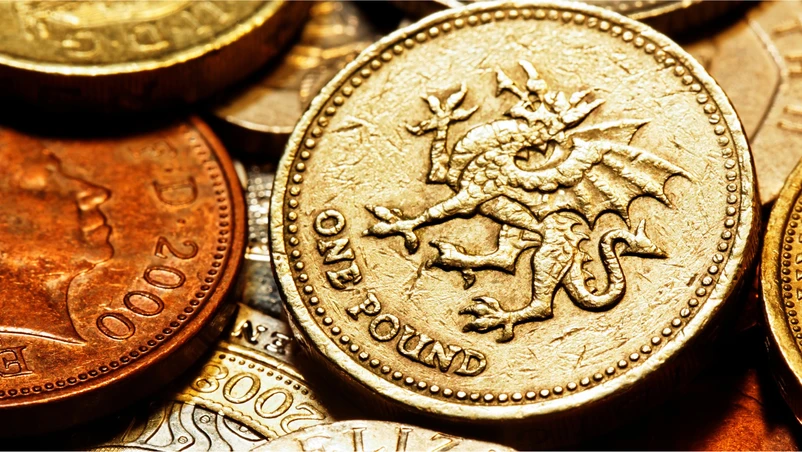UK consumers still reluctant to spend despite improving economic background
Despite rising disposable incomes, UK consumers remain reluctant spenders, possibly in anticipation of an expected higher tax burden to come.

A disappointing retail sales report from the British Retail Consortium (BRC) this morning, which showed annual growth in sales falling by -4.4% in April, a figure that will do nothing to reduce pressure on the Bank of England (BoE) to cut interest rates as soon as possible. The figure is a sharp reversal from the +3.2% reading recorded for March, and while various attempts have been made to explain away this weakness, it serves to underscore once again just how fragile consumer confidence is when it comes to spending money.
Much of the blame for today's weak number has been laid at the door of the wet weather seen over much of April, the effect of which was to dampen sales of clothing/footwear and outdoor plants and furniture. The early timing of the Easter holiday is also likely to have had a dampening effect. In this respect, accounting for both factors suggests the picture is not quite as bad as it first appears. However, averaging out the March and April figures – allowing you to go some way to account for the distortion of Easter – still leaves annual sales growth in April at just 0.3%, significantly weaker than the 1% and 1.4% figures recorded in February and January respectively and increasingly suggesting that the March figure was a ‘blip’ rather than any sign of a spending recovery. With the retail sector accounting for approximately 10% of the UK workforce, the possibility that consumption is in danger of stalling again will not be welcomed.
And herein lies the problem for the UK authorities. On paper, consumers should now be feeling more confident about spending money. Economic conditions have improved over the past year or so, with inflation significantly lower, wages now growing in real terms and the prospect of interest rate cuts to be delivered by the BoE later this year set to put downwards pressure on mortgage rates and borrowing costs generally. However, after some two years of suffering falling standards of living and the need to budget, consumers clearly remain cautious about loosening purse strings too quickly and are instead choosing to save more or pay down debt rather than increase consumption.
Going forward, things ought to improve. The unseasonal wet weather ought not to be repeated, while the cuts made to National Insurance contributions and the uplifting of the National Living Wage and social security benefits should put additional spending power into consumer pockets. Accordingly, the pieces of the jigsaw remain in place for consumption to increase. However, whether this ultimately transpires remains uncertain, as today’s BRC report very much highlights. And with the forthcoming UK general election widely forecast to usher in a new round of tax rises if unrealistic cuts to public services are to be avoided, the risk is that consumers simply opt to maintain the current cautious approach to spending in advance of the higher tax burden to come.
Today's report underscores the fragile nature of consumer confidence when it comes to spending money. And with taxes widely expected to start rising again following the forthcoming general election, the outlook for the retail sector continues to look difficult.









